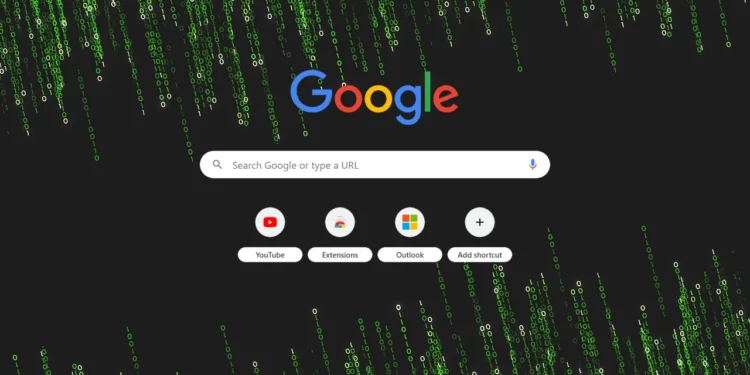In a significant escalation of cyber threats, hackers have initiated a series of attacks on Chrome browser extensions, affecting a multitude of companies. This campaign of digital intrusions, which began in mid-December, was confirmed by Cyberhaven, a California-based data protection company, among other victims. This alarming development underscores the vulnerabilities inherent in browser extensions, often used by countless internet users to enhance their web browsing experience.

The Intricacies of the Attack
According to a statement released by Cyberhaven on Friday to Reuters, a malicious cyberattack occurred on Christmas Eve, targeting the company’s Chrome extension. This breach forms part of a larger scheme aimed at Chrome extension developers, spanning various industries. Cyberhaven noted, “Cyberhaven can confirm that a malicious cyberattack occurred on Christmas Eve, affecting our Chrome extension.” They also indicated that the attack was indicative of a broader campaign to exploit Chrome extension developers across a wide spectrum of companies, based on insights from cybersecurity experts.
The company is now actively cooperating with federal law enforcement to address the breach. However, the full geographical extent of the hacks remains uncertain. Chrome extensions like the one used by Cyberhaven are typically employed to enhance web-based operations, such as securing client data flowing through web applications.

A Broader Spectrum of Targets
Jaime Blasco, cofounder of Nudge Security in Austin, Texas, revealed that he had observed similar compromises in other Chrome extensions. Blasco’s findings indicate that the affected extensions were not only related to data protection but also spanned areas including artificial intelligence and virtual private networks. This suggests an opportunistic attack strategy, aiming to harvest sensitive data through a range of compromised extensions.
Blasco shared his perspective on the nature of the attacks, stating, “I’m almost certain this is not targeted to Cyberhaven. If I had to guess, this was just random.” This randomness hints at a potentially larger scale of vulnerability, where numerous companies could be at risk without being directly targeted.

Implications and Recommendations
The current situation highlights a critical challenge within the cybersecurity realm. As hackers grow more sophisticated, the methods used to safeguard digital assets must evolve. Companies utilizing Chrome extensions for business operations should heighten their security measures and remain vigilant against such vulnerabilities.
For users, it’s essential to regularly update extensions and remain aware of the permissions granted to any browser add-on. As the digital landscape continues to expand, staying informed and prepared is the best defence against the ever-growing threat of cyberattacks.

This incident serves as a stark reminder of the continuous need for advanced cybersecurity measures in protecting both personal and corporate data. As the investigation continues, more details are expected to emerge, potentially leading to enhanced security protocols for Chrome extensions and other browser-based tools.










